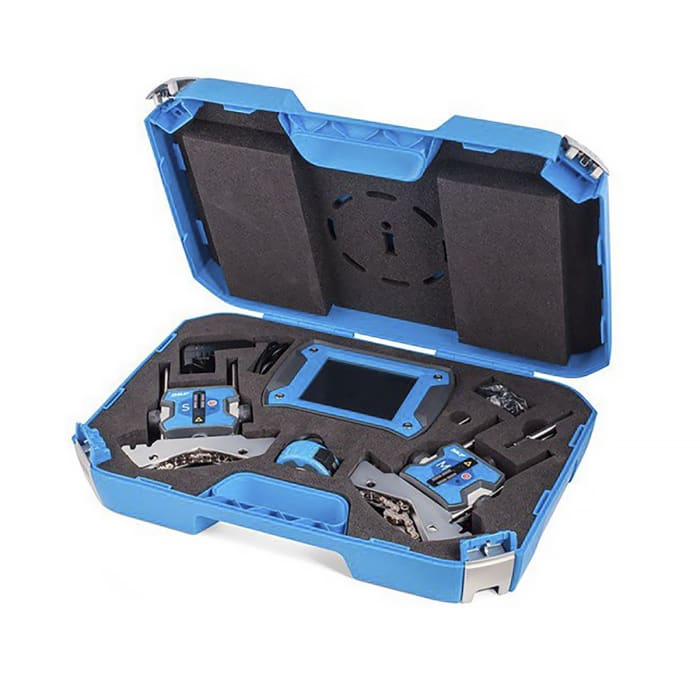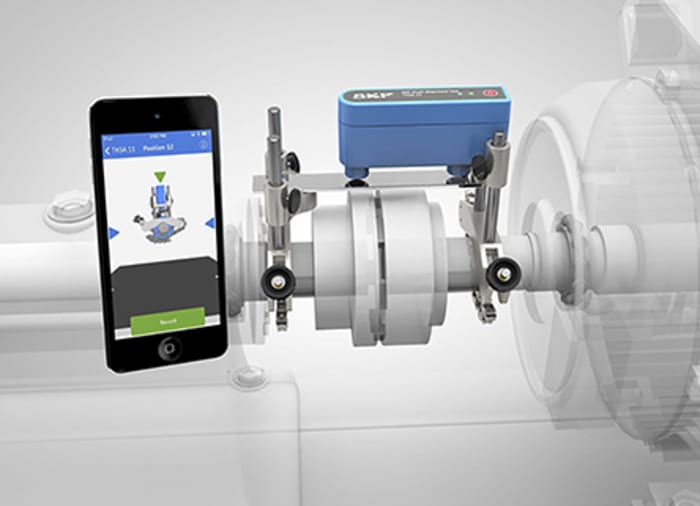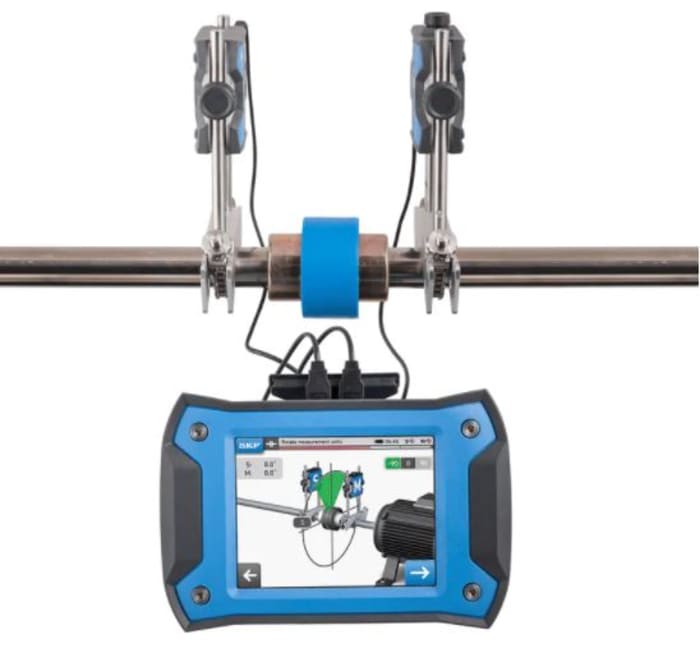Documentos Técnicos
Especificaciones
Brand
SKFTipo de Láser
Diode
Longitud de Onda del Láser
670nm
Potencia de Salida Óptica
1mW
Dimensiones
87 x 79 x 39mm
Tipo de Aplicación
Alineación de acoplamiento sencillo horizontal, control de pata floja
Longitud:
87mm
País de Origen
Sweden
Datos del producto
Laser Shaft Alignment Tools
Incorrect shaft alignment can contribute to premature bearing failures, shaft fatigue, seal problems vibration and overheating. SKF’s range of laser alignment tools provides maintenance engineers with a highly accurate and easy to use solution to these problems that is more accurate and faster than traditional dial test indicator methods, removing the need for consuming calculations by the engineer.
Price on asking
1
Price on asking
1
Información de stock no disponible temporalmente.
Vuelva a verificar más tarde.
Documentos Técnicos
Especificaciones
Brand
SKFTipo de Láser
Diode
Longitud de Onda del Láser
670nm
Potencia de Salida Óptica
1mW
Dimensiones
87 x 79 x 39mm
Tipo de Aplicación
Alineación de acoplamiento sencillo horizontal, control de pata floja
Longitud:
87mm
País de Origen
Sweden
Datos del producto
Laser Shaft Alignment Tools
Incorrect shaft alignment can contribute to premature bearing failures, shaft fatigue, seal problems vibration and overheating. SKF’s range of laser alignment tools provides maintenance engineers with a highly accurate and easy to use solution to these problems that is more accurate and faster than traditional dial test indicator methods, removing the need for consuming calculations by the engineer.



